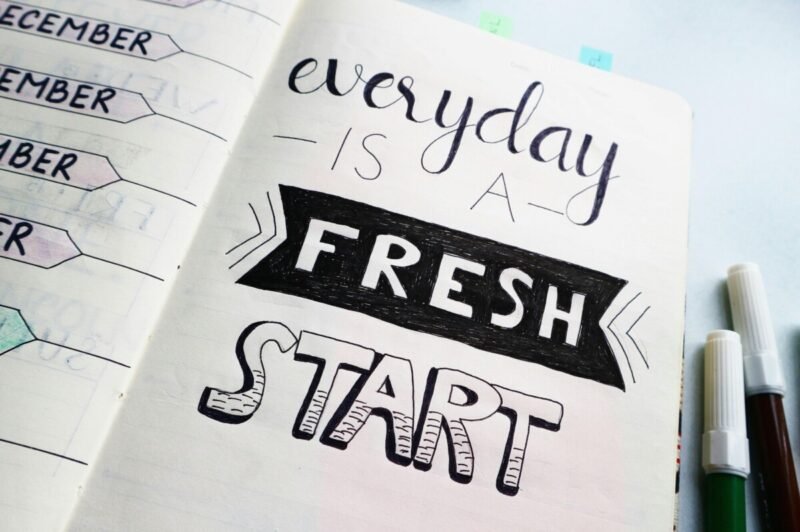Managing your money doesn’t have to be complicated. Setting a monthly budget helps you control your spending, save for future goals, and reduce financial stress. Here’s a simple guide to creating a monthly budget you can actually stick to.
Step 1: Calculate Your Total Monthly Income
The first step is knowing how much money you have coming in each month. This includes:
Your salary or wages after taxes
Any freelance or side income
Passive income sources like dividends or interest
Write down your total monthly income. This number will guide your entire budget.
Step 2: List Your Monthly Expenses
Next, track your expenses. Break them into categories:
Fixed expenses:
Rent/mortgage, utilities, insurance, loan payments
Variable expenses: Groceries, transportation, entertainment, dining out
Savings & investments: Emergency fund, retirement accounts, investmentsTry tracking your spending for a month if you don’t already know your numbers.
Step 3: Categorize and Prioritize
Once you know your income and expenses, prioritize essential spending first:
1. Housing
2. Utilities
3. Groceries
4. Transportation
5. Debt payments
6. Savings
Non-essential spending can be limited or adjusted as needed.
Step 4: Set Spending Limits
Assign a specific amount to each category based on your priorities. A simple rule is the 50/30/20 rule:
50% for needs (housing, groceries, utilities)
30% for wants (entertainment, dining out, hobbies)
20% for savings and debt repayment
Adjust percentages to fit your personal situation.
Step 5: Track and Adjust
A budget is only useful if you stick to it. Track your spending daily or weekly. Many apps and spreadsheets can help you see if you are over or under budget in each category.If you consistently overspend in one category, adjust your limits or cut back in another. The goal is to balance your income with your spending while saving for the future.
Step 6: Review Monthly
At the end of each month, review your budget. Ask yourself:Did I stick to my limits?
Did I save enough?
Are there areas I can improve next month?
Monthly reviews help you refine your budget and make it a long-term habit.
Creating a simple monthly budget is not about restricting yourself—it’s about taking control of your money. By knowing your income, tracking your expenses, and setting spending limits, you can reduce financial stress and reach your savings goals. Start small, stay consistent, and your budget will become a powerful tool for financial freedom.


